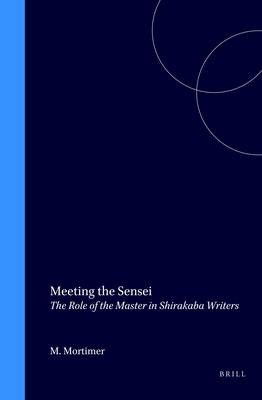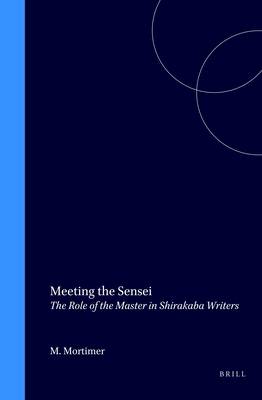
- Afhalen na 1 uur in een winkel met voorraad
- Gratis thuislevering in België vanaf € 30
- Ruim aanbod met 7 miljoen producten
- Afhalen na 1 uur in een winkel met voorraad
- Gratis thuislevering in België vanaf € 30
- Ruim aanbod met 7 miljoen producten
Zoeken
Omschrijving
The early twentieth century Shirakaba ('White Birch') movement's later involvement with prewar Japanese nationalism has hitherto caused especially Western scholars to neglect its major significance.
Shirikaba was created by graduates of the aristocratic Gakushuin ('Peers' School') in reaction against the dominant naturalism of contemporary Japanese literature. Though at first seeking ideological and cultural models in Europe, Shirakaba writers soon developed an increasing sense of their own Japaneseness.
The first part of this volume chronicles the birth of this literary movement and of its important magazine under the charismatic leadership of Mushanokoji Saneatsu. In the second part the author illuminates the ethos of the movement by analysing the figure of the Sensei (Master) in key Shirakaba texts by Mushanokoji Saneatsu, Nagayo Yoshiro and Kurata Hyakuzo.
This volume definitely breaks new ground by seeing the movement as one of the significant episodes in the cultural history of Japan.
Shirikaba was created by graduates of the aristocratic Gakushuin ('Peers' School') in reaction against the dominant naturalism of contemporary Japanese literature. Though at first seeking ideological and cultural models in Europe, Shirakaba writers soon developed an increasing sense of their own Japaneseness.
The first part of this volume chronicles the birth of this literary movement and of its important magazine under the charismatic leadership of Mushanokoji Saneatsu. In the second part the author illuminates the ethos of the movement by analysing the figure of the Sensei (Master) in key Shirakaba texts by Mushanokoji Saneatsu, Nagayo Yoshiro and Kurata Hyakuzo.
This volume definitely breaks new ground by seeing the movement as one of the significant episodes in the cultural history of Japan.
Specificaties
Betrokkenen
- Auteur(s):
- Uitgeverij:
Inhoud
- Aantal bladzijden:
- 308
- Taal:
- Engels
- Reeks:
- Reeksnummer:
- nr. 11
Eigenschappen
- Productcode (EAN):
- 9789004116559
- Verschijningsdatum:
- 24/02/2000
- Uitvoering:
- Hardcover
- Formaat:
- Genaaid
- Afmetingen:
- 166 mm x 246 mm
- Gewicht:
- 712 g

Alleen bij Standaard Boekhandel
+ 604 punten op je klantenkaart van Standaard Boekhandel
Beoordelingen
We publiceren alleen reviews die voldoen aan de voorwaarden voor reviews. Bekijk onze voorwaarden voor reviews.








